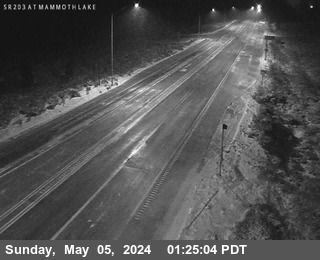Brought to you by Howard Sheckter
Archive for October, 2020
North East Wind Subsiding over the Crest Today….Might be a bit of haze Thursday….Friday into the Weekend looks a bit unhealthy Air Quality Wise….MJO Presenting some interesting possibilities….
Wednesday October 28, 2020
As highlighted….Our NE winds are subsiding as high pressure from the west spreads into CA. At the sametime, the upper low over the Desert SW is moving east. So the NE gredient weakens and terrain driven wind systems can allow the smoke and or haze to move back into the south county, as early as Thursday, but a better chance Friday and Saturday. It is diffacult to say how much haze or smoke will return to Mammoth as lot will depend upon fire behavor. At the moment, the was still quite a bit of smoke moving WSW over the San Joaquin valley this morning.
Over all the forecast shows warming today with highs in the low to mid 60s at resort levels and 20s and 30s at night through the weekend. The weather pattern is dry through the 5th of November.
Although both the 6 to 10 and 8 to 14 day outlooks are dry for Mono County, there are some interesting developments in the MJO that “may have an affect on our dry weather pattern. The MJO is an air sea coupled system that creates upper divergence and upper convergence as it travels eastward, Just north of the equator. The MJO can modulate the westerlies if strong enough. In November and through the Borial Spring, the MJO can contribute to some very benifical storminess for CA if in the right areas geographically. During the LA Nina base state, colder than normal SSTAs exist between 160E east to Central America. This base state of colder than normal sea surface temps inhibits convection. (lack of thunderstorms) This La Nina is regarded as moderate and possibly strong by the time we get to December.
The La Nina Base state can distructivly interfear with the MJO and can rapidly weaken it. This is important because of the signifacant precipitation events that the MJO usually contributes to each winter in California. A winter without a few MJO induced patterns can end up drier than normal to some extent. That is why La Nina has a bias I think, for being drier than normal. Since 1950, Moderate to Strong La Ninas accounted for 7 out of 11 years with normal to below normal precip for our region. And the stronger the La Nina beyond moderate, the greater the odds of dryness in some studies.
Getting back to the MJO, the Phase Space, RMM 1 and 2 is showing a progression of an envelope of convection, from phase space 5 to 8, over the next two weeks. There is some some suggestion of a Phase Space 1 which is back over the Indian ocean, according to the GFS model. The ECMWF has a spurious signeture. IE there is something wrong with it. I need both to get confirmation; Otherwise, I think we will have a pattern change from out of the west by mid month, (Nov) or a little sooner. This means that an envelope of tropical convection will move through the LA Nina region and eventually re-emerge over the indian ocean……”Possibly” Why is that imp[ortant? The MJO over the Indian Ocean often teleconnects to a -PNA. (Trof in the mean over the far west or over the extream eastern pacific)
Stay Tuned!!
Dr Howard amnd the Dweebs………………………:-)




